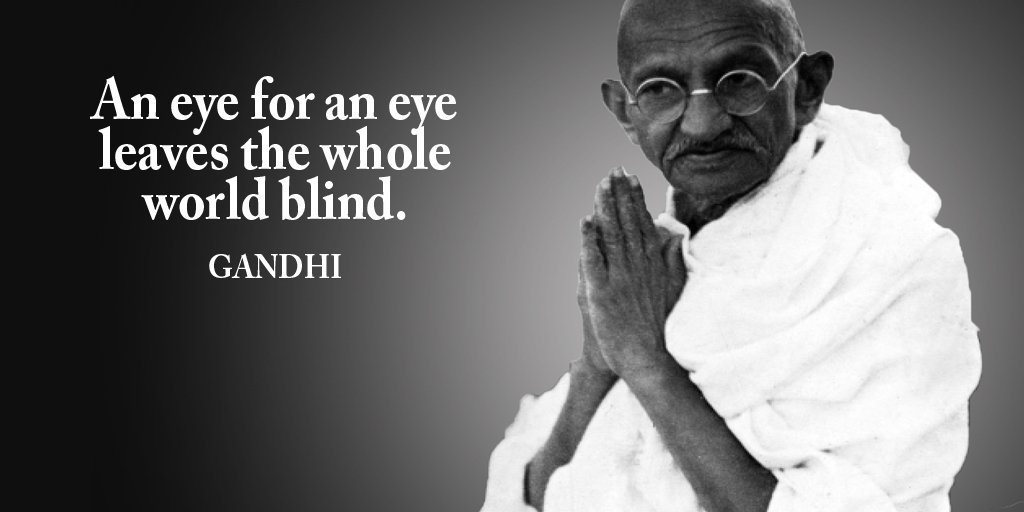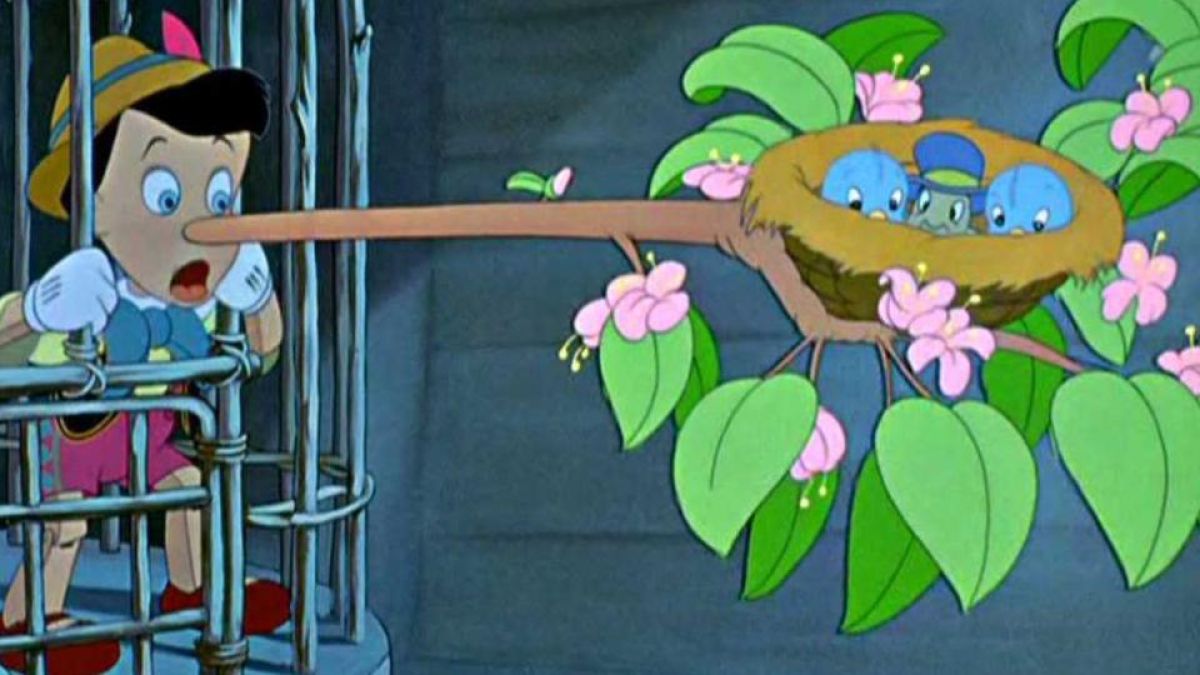IT WAS A MAGNANIMOUS GESTURE.
Following his shooting in 1981 by a Turkish gunman, Pope John Paul II forgave his would-be assassin and asked people to “pray for my brother (Mehmet Ali Agca) whom I have sincerely forgiven”. In 1983, the pope visited the Rome prison where the terrorist who gravely wounded him was imprisoned and personally extended his mercy.
Like the injured pontiff, Kim Phuc had every reason to hate. Phuc was a young girl in 1972 when she was photographed running naked down a Vietnam street screaming in agony after a napalm bomb incinerated her village, her clothes and then her skin – one of the most iconic pictures of the 20th century. Phuc long ago forgave the man who co-ordinated the bomb attacks that changed her life forever.
These two events show that forgiveness can transcend tragedy. Ali Agca used bullets to make a statement while the pope used compassion. In the same way, the US military used force to stop the spread of communism while Kim Phuc used a charitable foundation which she established to spread her message of peace throughout the world. From the horrors of war, Phuc embraced forgiveness and learned to love her enemies.
Forgiveness is a choice that sets us free, but many of us struggle to forgive. For some, forgiveness comes with time as wounds heal. For others, forgiveness never arrives and is supplanted by a lifetime of bitterness. Those who cannot forgive carry around unresolved issues and become weighted down by emotional baggage. They ruminate on the negative aspects of life and are unable to move forward as they dwell on the hurt of the past.
To forgive is the ability to pardon an offence without holding resentment. That’s exactly what Pope John Paul II and Kim Phuc did. Neither sought revenge nor played the victim. They did not hold a grudge or get caught in a vortex of anger and vengeance, but forgave as quickly and fully as possible. They are both shining examples of the power of forgiveness. How many of us could have done what they did and let bygones be bygones?
Forgiveness is not easy, but it does make the world a better place. The virtues and benefits of forgiveness are well documented. Letting go of enmity makes us happier, healthier and more empathetic. Forgiving someone for a prior wrongdoing can make you feel better. In contrast, unforgiving people tend to be hateful, angry and hostile. Their preoccupation with a transgression or hostility towards another consumes them with negative emotions.
Forgiveness does not require you to forget the harm done to you or to reconcile with the person who caused the harm. Nor does forgiveness let someone off the hook or minimise a wrong. In the words of one expert:
Forgiveness is not releasing the offender for legal obligations. It’s not condoning or excusing, which implies there’s a justification. It’s not forgetting or refusing to remember the event. It’s not reconciling, which implies there’s restored trust and contact. And it’s not pretending that everything is fine.
In explaining the actual process of forgiving, health writer Jessica Cassity states:
… you may never say the words “I forgive you” out loud. Instead, forgiveness is an internal process, something you do to help come to terms with a past experience and end your suffering, pain, anger, and resentment around the event. You simply decide to stop focusing on blame and instead move forward in a more positive direction.
To be clear, forgiving does not excuse the evil, trivialise the wrong or erase the yearning for justice. But it does bring internal peace and this helps us get on with life. Not surprisingly, forgiveness has been central to the lives of some of the most admired and inspiring people throughout history – from Mother Teresa to Mahatma Gandhi and Nelson Mandela to Martin Luther King Jr.
All of us have been hurt by the actions or words of another and while we can choose to forgive, it requires strength. As Gandhi asserted: “The weak can never forgive. Forgiveness is the attribute of the strong”. Nelson Mandela displayed fortitude when he chose to forgive his jailers. After spending 27 years imprisoned by his political enemies, he did not become embittered but devoted his life to securing peace in South Africa.
Contrast Mandela’s behaviour in rejecting recrimination with those who become consumed by road rage. Anger behind the wheel occurs with frightening regularity with an increasing number of drivers wanting to exact vengeance for another’s actions. To be irritated by another driver is understandable, but to respond with obscene gestures, yelling, honking, tailgating or even running another motorist off the road is unacceptable.
Such impulsive behavior stems from a lack of emotional intelligence. A core emotional intelligence skill is self-awareness – the ability to accurately perceive your emotions and stay aware of them as they happen. Understanding and controlling your moods and emotions can seem a daunting skill to cultivate, but the effort is worthwhile. Self-awareness enhances your relationship with yourself and others and this facilitates forgiveness.
Forgiveness should be a way of life for everyone because it’s more important to be happy than right. Forgiveness is a gift that you give to yourself – it’s not about the other person. Indeed, holding a grudge in your heart only hurts you and not the person you’re stewing over. So, don’t let pride stop you from being a forgiving person. Put aside the barriers that prevent you from experiencing the joy of forgiveness. Help make the world a better place.
As Gandhi observed: “An eye for an eye leaves the whole world blind”.
Regards
Paul J. Thomas
Chief Executive Officer
Ductus Consulting



